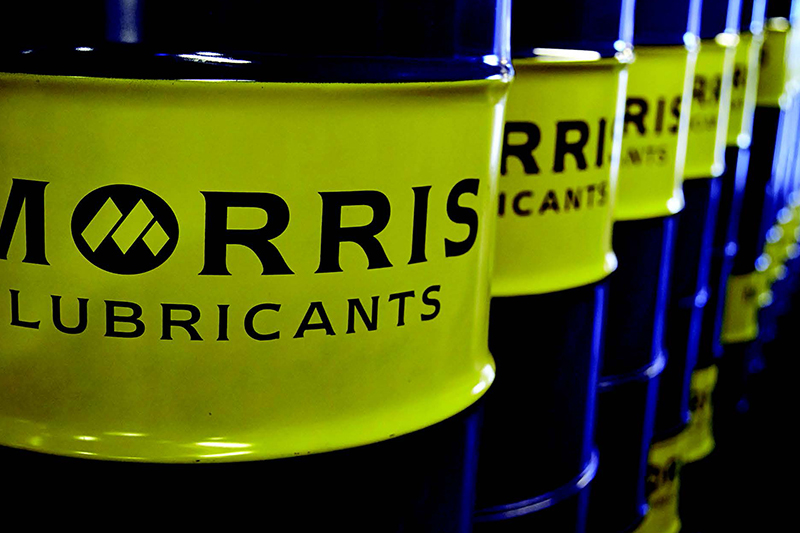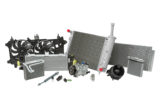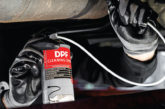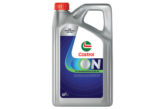
With the emergence of electric vehicle technologies, what will the future be like for petrol and diesel engines and their associated lubricants? Adrian Hill, Automotive Product Manager at Morris Lubricants, explains.
There are many debates about how quickly the switch to electric will happen. Petrol and diesel engine production will continue, but the technology will not be standing still as environmental pressure continues to squeeze emissions and new thinking will be required to comply with current and future legislation. As we move into this new era, lubricants that currently have a reasonably wide specification profile will start to become outdated. The ‘good, better, best’ approach to lubricant choice has been in decline over at least the last five years or more.
Petrol engines will be based on direct injection for fueling, which offers a higher power density than traditional port-injected engines. This means they can be smaller, reducing vehicle weight, but also be capable of higher loads at slower speeds, which helps achieve improved fuel efficiency.
Turbocharging adds further output performance, but all these enhancements come with side effects. Firstly, we have low speed pre-ignition, which can cause catastrophic engine damage and an increased level of particulates. This has led to the development of gasoline particulate filters to stop particulates reaching the atmosphere. They act in a similar way to DPFs but have a different monolith that provides a finer level of filtration.
The internal combustion engines used as the generator in hybrid vehicles have their own special challenges and demands. Usually, when an engine reaches normal operating temperature, such contaminants as water and fuel basically evaporate away. This is not the case with hybrids – cold temperature sludges can form, which inhibit circulation.
Phase separation can occur, which can be detrimental to pumping efficiency, leading to wear issues, particularly with bearings. This can be exaggerated further by fuel contamination, reducing the effective oil film. These challenges are leading us into a new generation of passenger car engine lubricants.
Engine oils are becoming more advanced and the chemistry is being finely tuned to cope with these new demands. In the case of hybrids, for example, the engine oil must be able to disperse water to form a stable emulsion to protect the pumping system and engine components from the harmful effects of free water.
Petrol engines fitted with GPFs (gasoline particulate filters) will require balanced chemistry to ensure they do not become prematurely blocked. These oils will also have to be low speed pre-ignition safe. Low viscosity oils designed to promote fuel efficiency are relying more on polymer technology at the molecular level to ensure bearing protection whilst minimising viscous drag and energy losses. And, of course, every manufacturer will design engines differently with some unique features.
The passenger car engine oil market will continue to become more fragmented with OEM specific engine oils emerging across the petrol, diesel and hybrid sectors. Selecting an oil of the correct performance level will be critical to the efficient operation of that engine and to ensure a long life for components and after-treatment devices.
Always seek advice if the type of engine oil is unclear as this could save the unit from an expensive repair bill.









